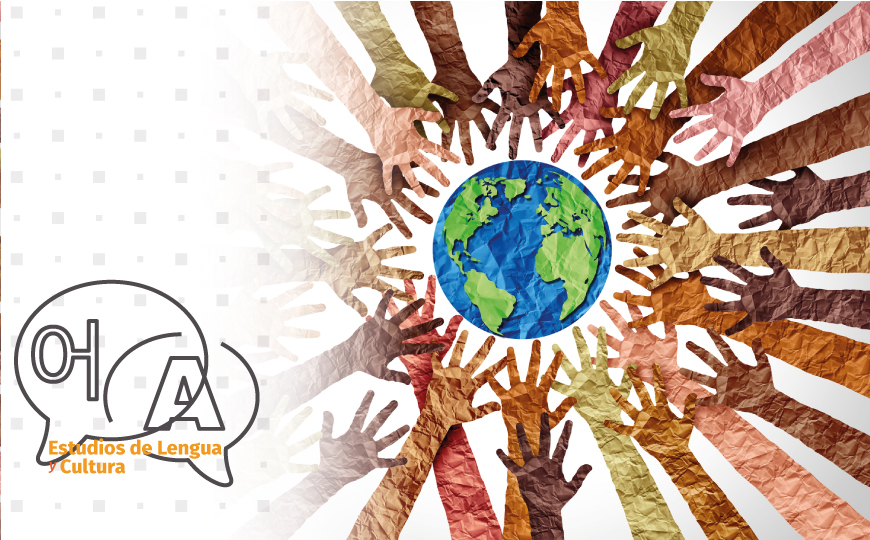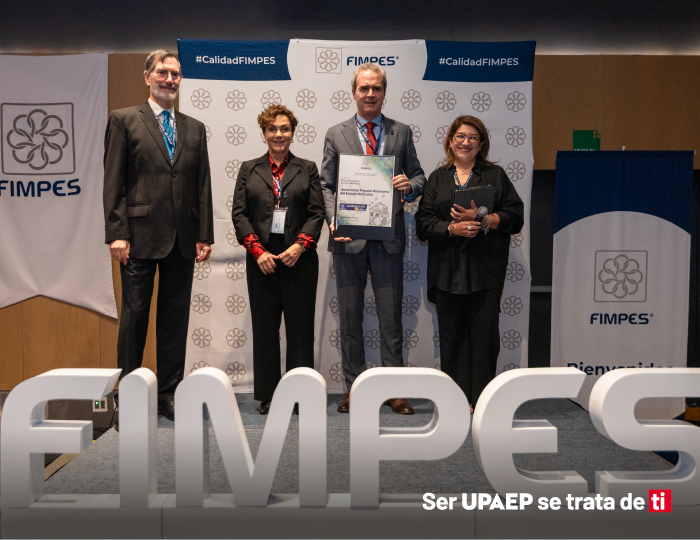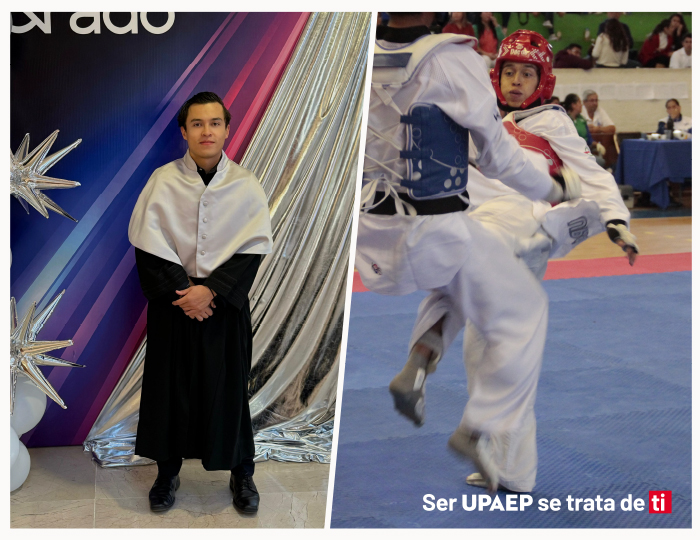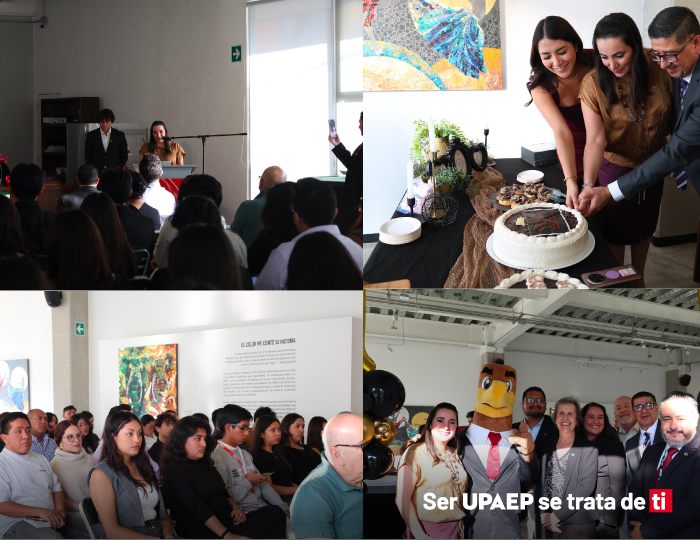“You ain’t got no culture” is something we might hear if we don’t know which fork or glass to use in a fancy restaurant. Culture. Can culture be dysfunctional? Recently, the Washington Post published an article and online video where Max Boot mentions Russia’s “dysfunctional military culture”. I had never heard or read that culture could be dysfunctional.
So, what is culture that it might not function? Culture is not just knowing what silverware to use, going to the museum, or to a classical music concert. It includes participating proactively in the arts and traditions of our social groups. Moreover, nowadays, we even talk about a “digital culture”. How then can culture be dysfunctional?
As teachers of languages, we attempt to raise awareness of different discourse styles in different cultures. In the Global Perspectives Course, we even approach the question “What is Culture?”. Based on the article in the Stanford Encyclopedia of Philosophy, course students comment and discuss their understanding of culture, language and identity. In a nut shell, we can visualize the themes deliberated as components of culture in the diagram below:

Diagram 1 created by the author based on Celebrating Our Culture: A New How-To-Guide | Bridges Together
Where does dysfunctional culture fit here, or how can these elements become dysfunctional? The context where I recently came across this new concept is an editorial about how Russia is waging war against Ukraine and losing. They are losing thousands of troops, weaponry, vehicles, airplanes, drones, and ships. Although they may be making territorial advances, their economy also seems to be faltering due to the sanctions imposed on them by countries who support Ukraine.
Boot (2022), mentioned at the beginning, claims that “Russia keeps losing wars because of its dysfunctional military culture”. Now, military culture according to Halvorsen (2010), author of a book on understanding the military, includes loyalty, respect, selfless service, honor and integrity, excellence and commitment, personal courage, and devotion to duty. Redmond et. al. (2017), in an article on the military workplace and culture, also mention that the warrior ethos includes obedience, trust, perseverance, motivation, ability to set priorities and adapt, and accept dependence on others, as well as language and symbols.
This is in stark contrast to Boot’s harsh description of Russia’s military dysfunctional culture which he considers (full of) corruption, low morale, poor planning, faulty logistics, bad intelligence, lack of coordination between units, over-centralization and paucity of initiative on the part of junior officers and sergeants. “Culture”, he continues “is critical if you are talking about an athletic program, a business, government, or armies on the battlefield. Of course, we can include an academic program as well.
At any rate, the components of culture depicted in diagram 1 above can also be perused from the perspective developed by Hall (1976), author of the influential book Beyond Culture, and illustrated by Ice Intercultural English in the following image of the cultural iceberg:

Diagram 2 retrieved from: http://www.ic-english.com/studying-culture.html
Hall reasoned that there are aspects of culture that are visible, above water in the diagram, which we can observe using our five physical senses. A great part of language is in this part; even if it’s a language we cannot understand, we can hear it and see it. At this level is how we interact within our society and with other cultures as well.
Nevertheless, other larger portions are hidden from simple view, i.e., below water. From this, I would surmise that cultural dysfunction can be recognized at the visible level, at the tip of the iceberg, but the causes are in the deeper, hidden levels concealed in the collective unconscious,
Interestingly though, the link between the tip and the rest of the cultural iceberg is considered to be language (Intercultural English, 2018).
On the other hand, the plethora of media and the dizzying rate of technological advances in the first part of the XXI Century are having a powerful impact in this part of the cultural iceberg. So, how will human cultures cope with these changes? That is the question!
One answer is in the values we as language teachers encourage in the classroom; patience, collaboration, perseverance, discipline, attention and empathy to mention a few. Another is in norms such as class attendance, punctuality, intellectual honesty, taking responsibility for learning, respect for university furniture, facilities and equipment.
Here is where we can see the relevance and impact on our culture of our institution’s mission: “Create streams of thought and form leaders willing to transform society in the search for truth, integrating faith, science and life.
Therefore, we cannot and will not let our culture become dysfunctional!
References
A brief introduction to the cultural iceberg. (2018). Intercultural English. Retrieved from: https://youtu.be/a9Z83I_g4Hw
Andrea. (2018). Celebrating our culture: a new how-to guide. Bridges together. Retrieved from: https://www.bridgestogether.org/celebrating-our-culture-a-new-how-to-guide/
Boot, M. (2022). Why a “dysfunctional military culture” leads to Russia’s loses. Retrieved from: https://youtu.be/pHqTn2Sa6So
Hall, E., (1976, 1989). Beyond Culture. Anchor Books/Doubleday.
Halvorsen, A., (2010). Understanding the military, the institution, the culture and the people. Retrieved from: https://www.samhsa.gov/sites/default/files/military_white_paper_final.pdf
Ice intercultural English (ND). The cultural iceberg. Retrieved from: http://www.ic-english.com/studying-culture.html
Redmond, S., (2014). A brief introduction to the military workplace culture. Retrieved from: https://cir.usc.edu/wp-content/uploads/2016/02/Brief-Introduction-to-Military-Workplace-Culture.pdf
Stanford Encyclopedia of Philosophy (2011). Culture and cognitive science. Retrieved from: https://plato.stanford.edu/entries/culture-cogsci/











